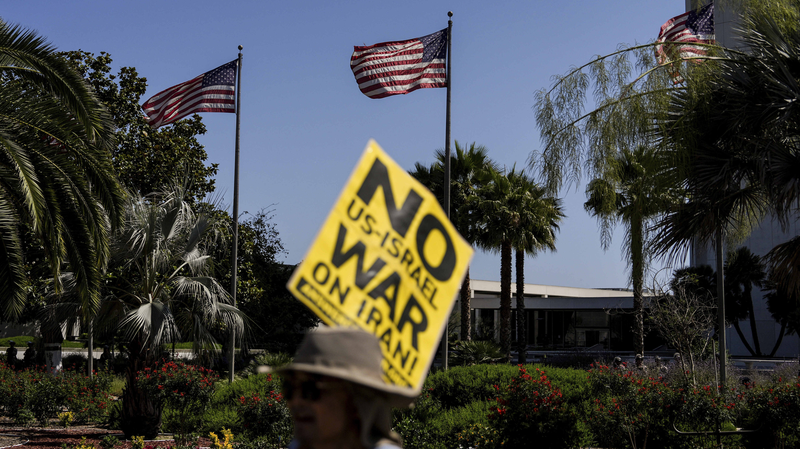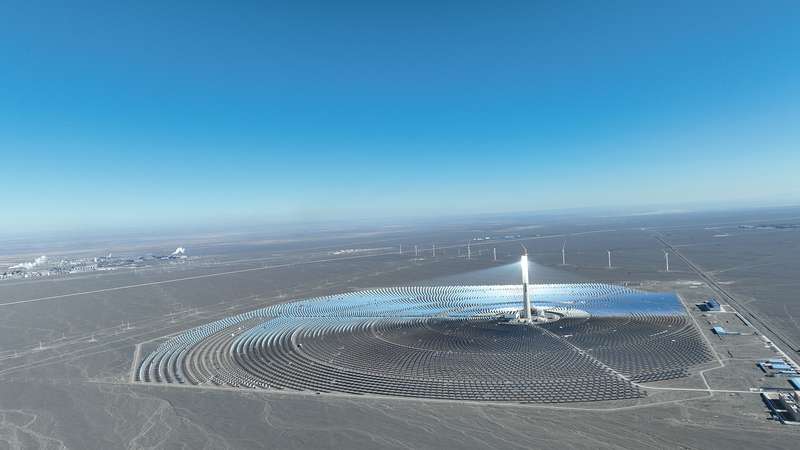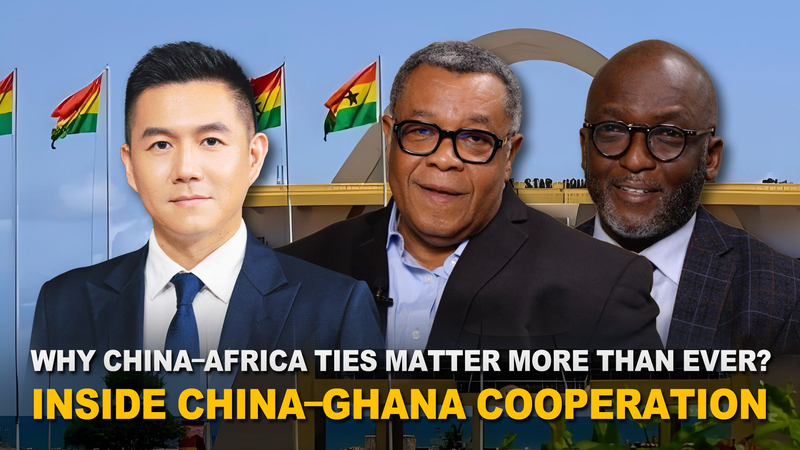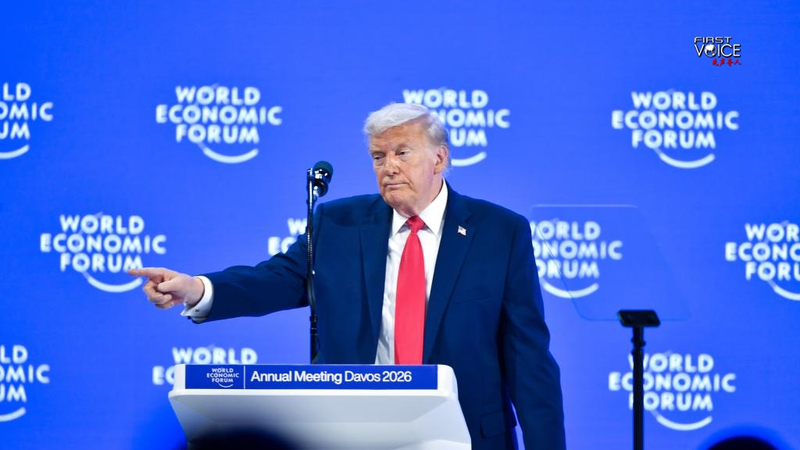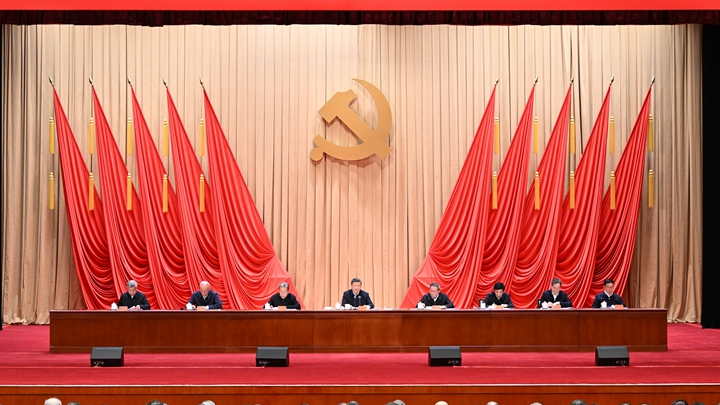Recent developments in the Middle East have left many wondering about the real impact of military actions and the pursuit of peace. After several days of escalating tensions, Israel and Iran agreed to a ceasefire, offering a brief pause amid a tumultuous period. However, unilateral US strikes on key Iranian nuclear sites have raised numerous questions about strategy and intentions.
The US claims that its powerful "bunker-buster" bombs have significantly reduced Iran’s nuclear capability—even targeting top scientists. Yet, details remain murky, with reports suggesting that Iranian operations had largely shifted from vulnerable areas before international monitoring could verify the damage. This uncertainty has sparked widespread skepticism over whether these moves pave a genuine path to peace or simply add fuel to ongoing discord.
In a measured response, Iran struck a US military base, signaling its readiness to defend itself while aiming to avoid further escalation. Critics wonder if such forceful tactics override the spirit of diplomacy, leaving many to ask: Can force truly forge lasting peace? 🤔
In today’s fast-paced digital age, where every update lights up our feeds, these seismic events resonate globally. Young tech-savvy minds and early professionals across South and Southeast Asia are watching closely, reflecting on how geopolitical shifts may impact not only regional stability but also our interconnected world.
As the situation continues to evolve, the quest for balanced dialogue and sustainable peace remains more crucial than ever. Stay tuned for further updates as global citizens grapple with the complex challenges of our time.
Reference(s):
cgtn.com
